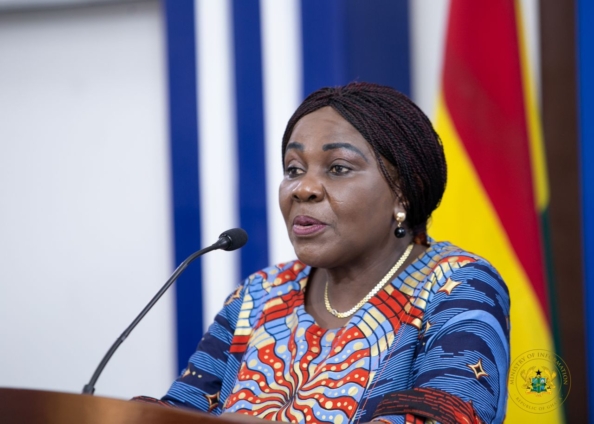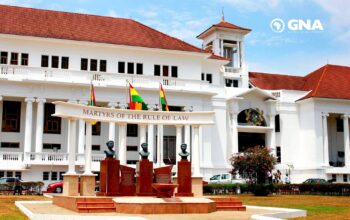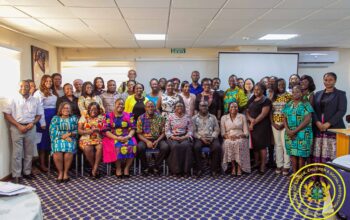The Office of the Special Prosecutor (OSP) has been ordered to release the caution statements related to Cecilia Dapaah’s former house help. This decision likely stems from ongoing investigations into the allegations surrounding Dapaah. The release of these statements could clarify the situation and the specific claims made by the former employee. Cecilia Dapaah, a former Minister of Sanitation and Water Resources in Ghana, has been in the spotlight due to allegations involving her former house help. The OSP’s investigations revolve around theft and misappropriation of funds.
The caution statements from the former house help could contain critical information regarding the allegations, including specific incidents and any evidence provided. Releasing these statements may shed light on the circumstances surrounding the case and help clarify the roles of those involved.
The situation has generated significant public interest, as it touches on issues of trust and accountability within public service. Cecilia Dapaah’s case gained significant attention in Ghana due to the serious nature of the allegations. Her former house help accused her of theft, claiming that large sums of money were taken from Dapaah’s residence. This led to a formal investigation by the OSP.
The caution statements, which contain the former employee’s account of events and any accusations made, are crucial for understanding the full scope of the allegations. The OSP’s order to release these statements suggests a move toward transparency and accountability in the investigation.
Public reactions have varied, with some calling for a thorough investigation to uphold integrity in government positions. The outcome of this case may have implications not only for Dapaah but also for the public’s trust in political figures and the systems in place for addressing misconduct. The court’s ruling emphasizes the importance of fair trial rights, ensuring that the accused can adequately challenge the prosecution’s evidence. By granting Botwe access to the investigation and caution statements, the court is allowing her legal team to prepare a robust defence.
However, the denial of access to the recordings and transcripts of interviews with Cecilia Dapaah and her husband suggests the court believes that those materials are not crucial for the defence at this stage. Justice Simmons’ decision indicates a balance between the rights of the accused and the integrity of the ongoing investigation. The OSP’s obligation to provide the relevant documents within a week underscores the urgency of the matter, ensuring Botwe’s team has enough time to prepare for cross-examination. This ruling is a significant step in the legal proceedings and could impact the strategies employed by both the prosecution and the defence moving forward.









